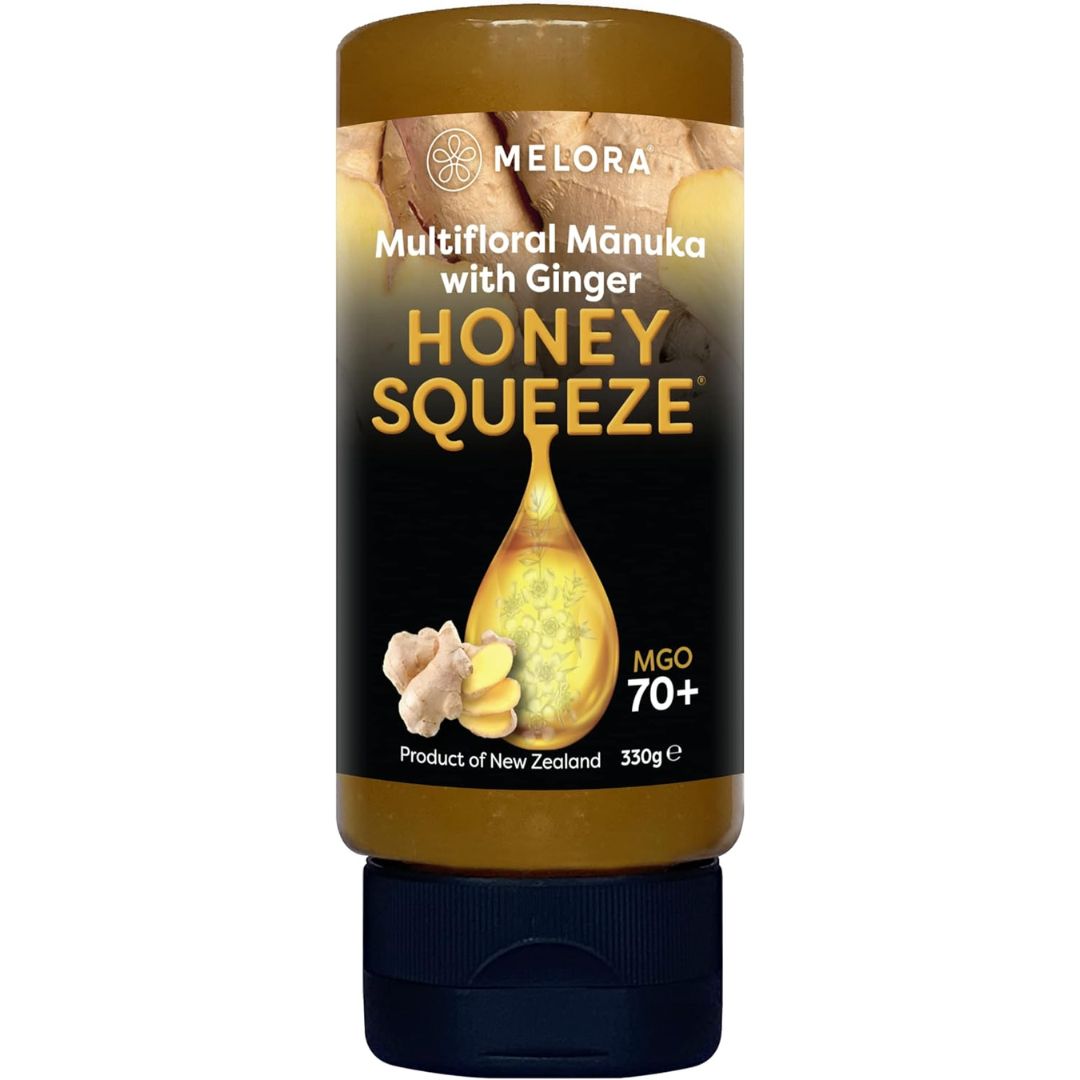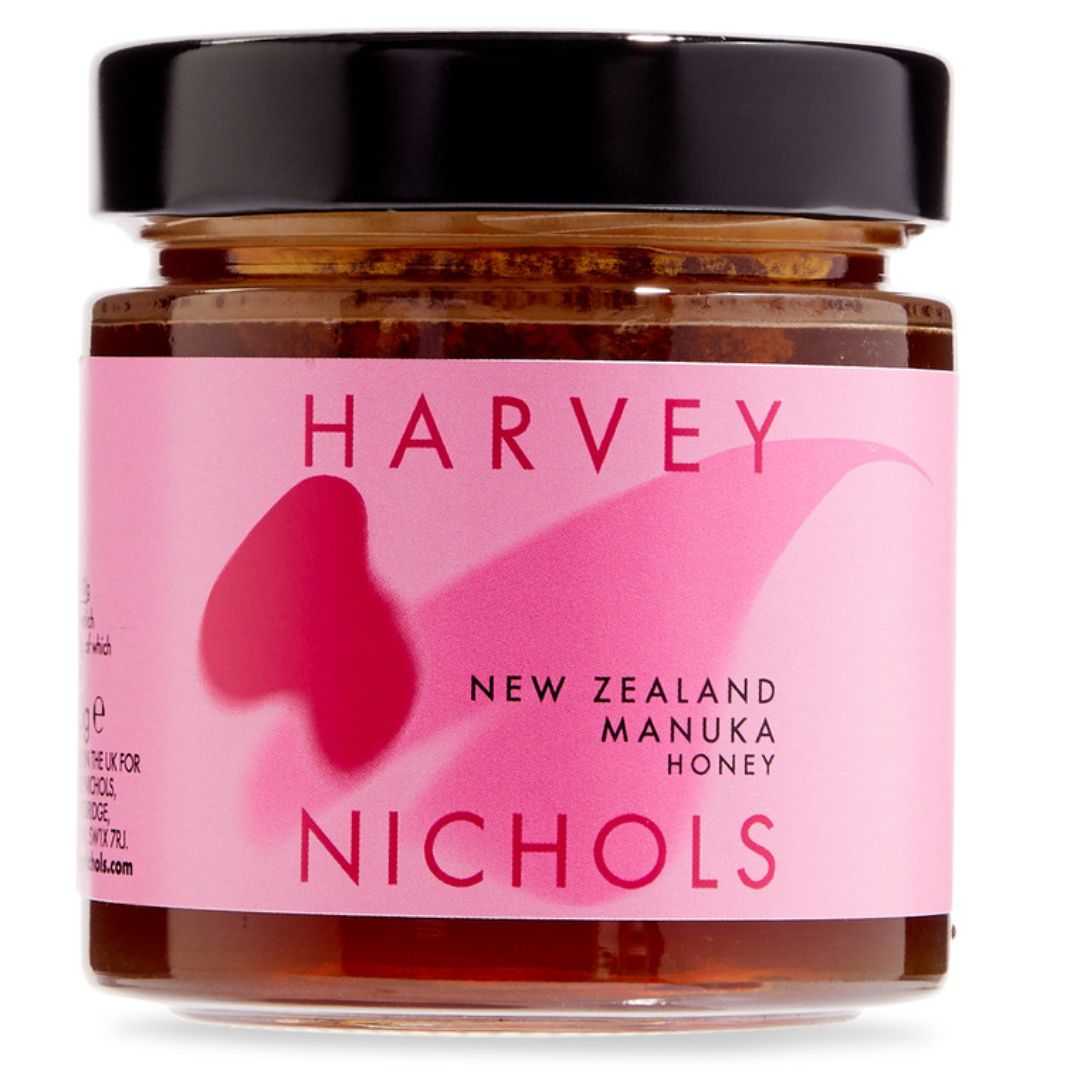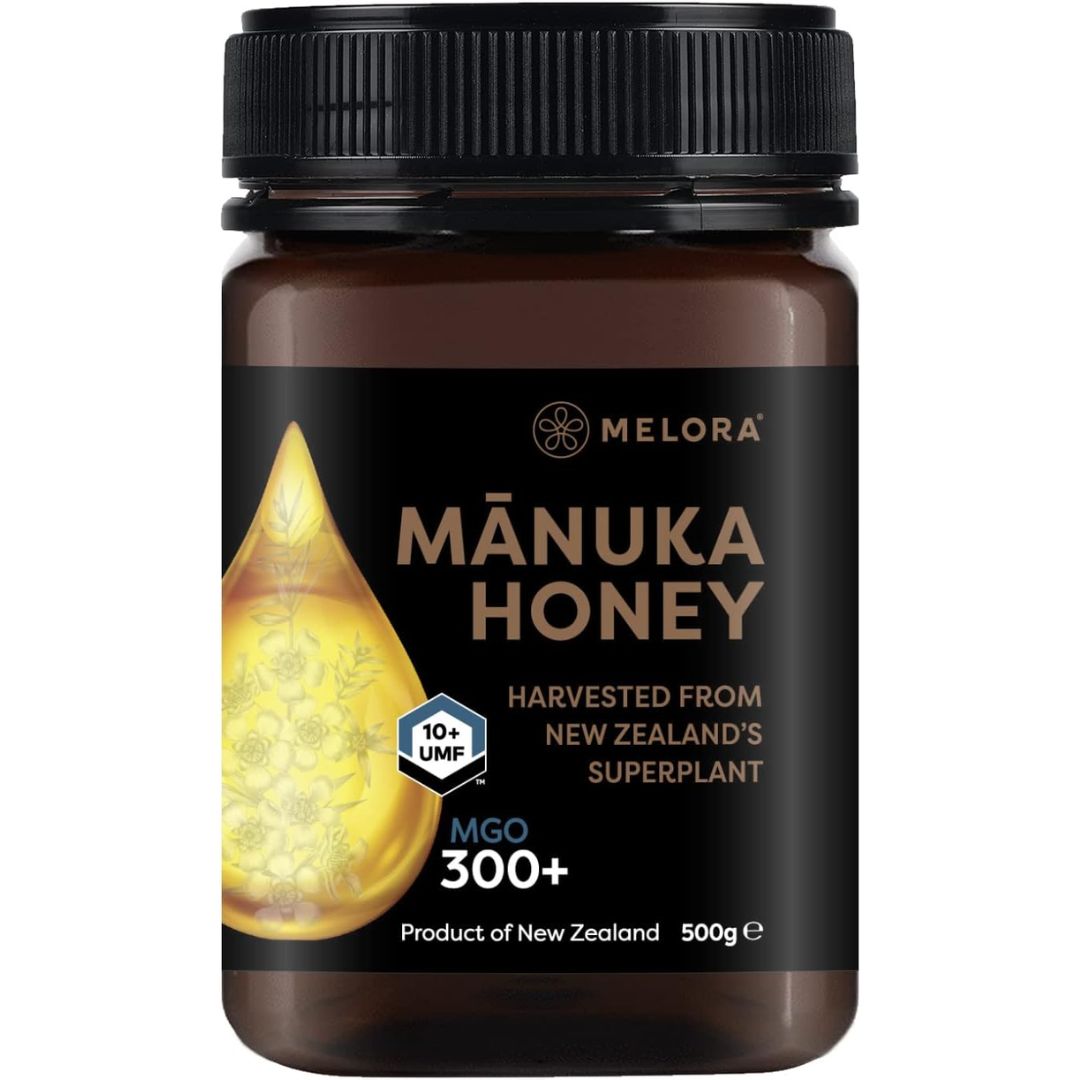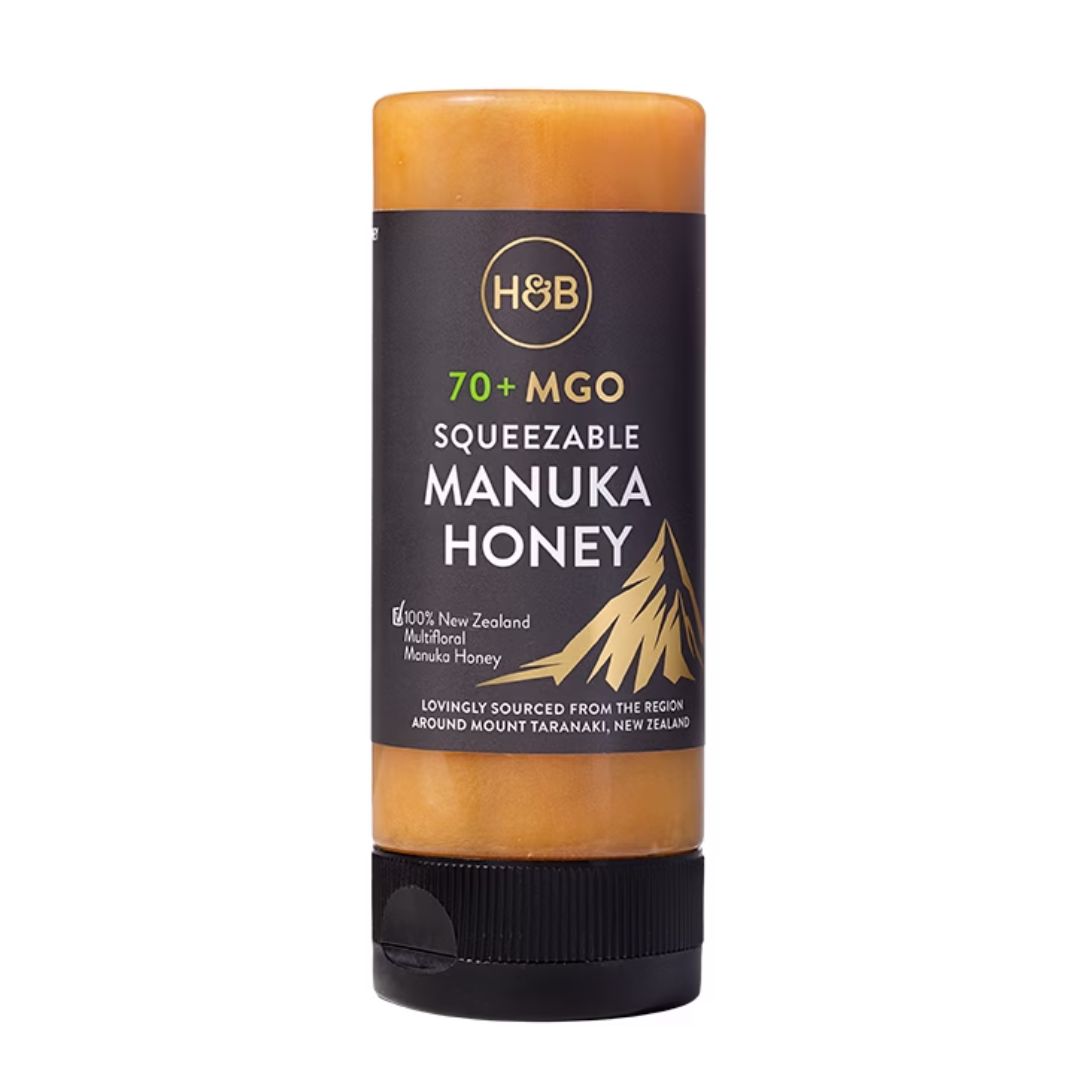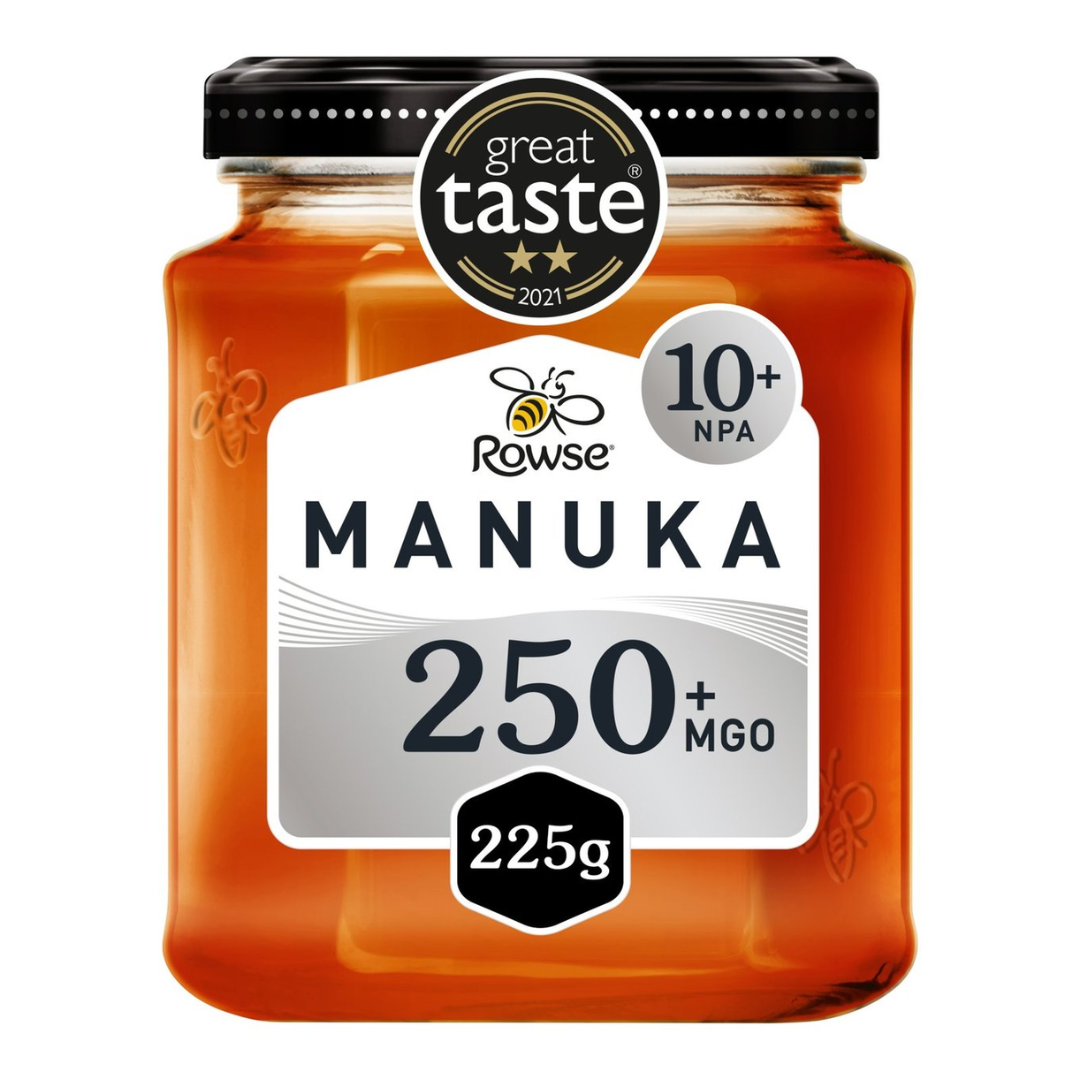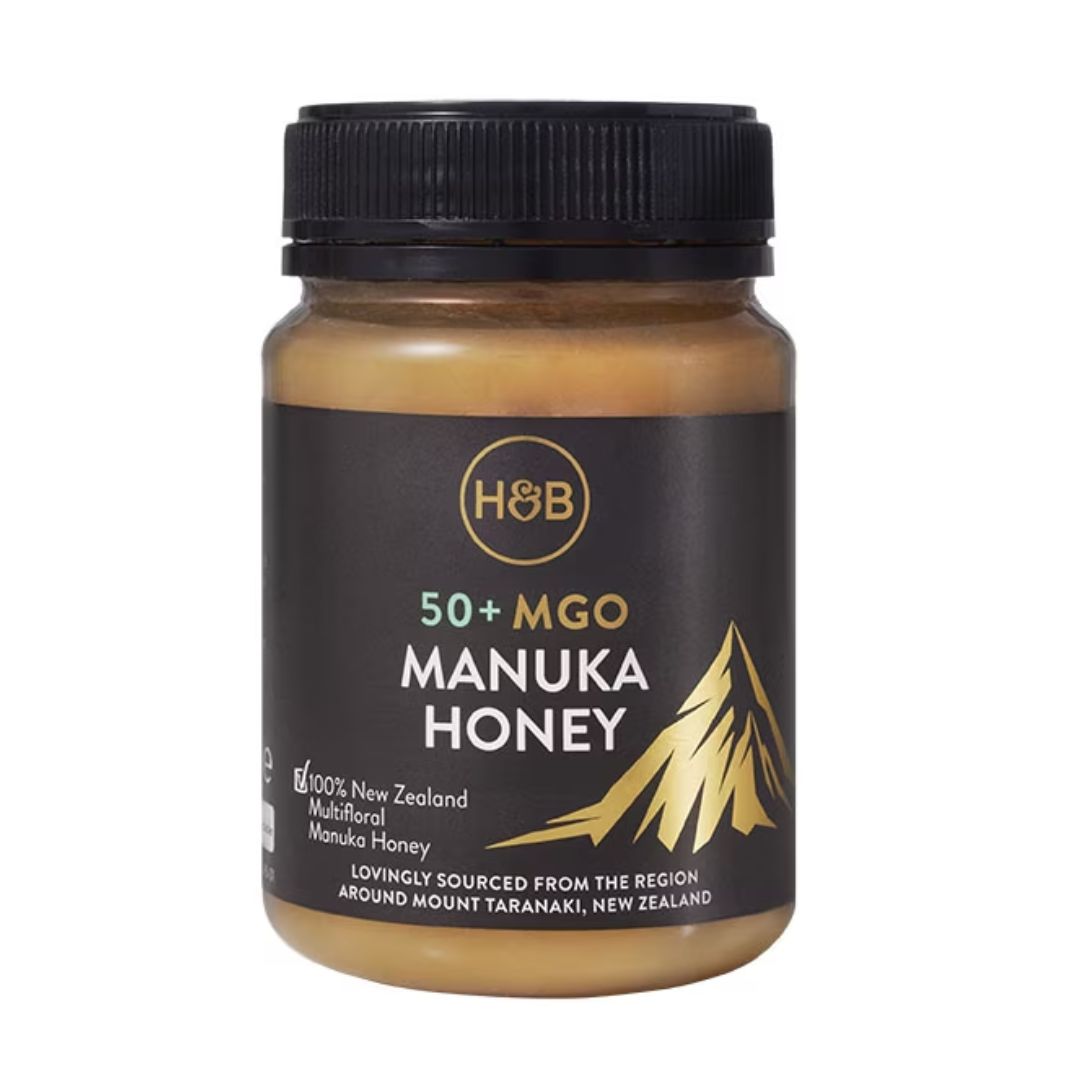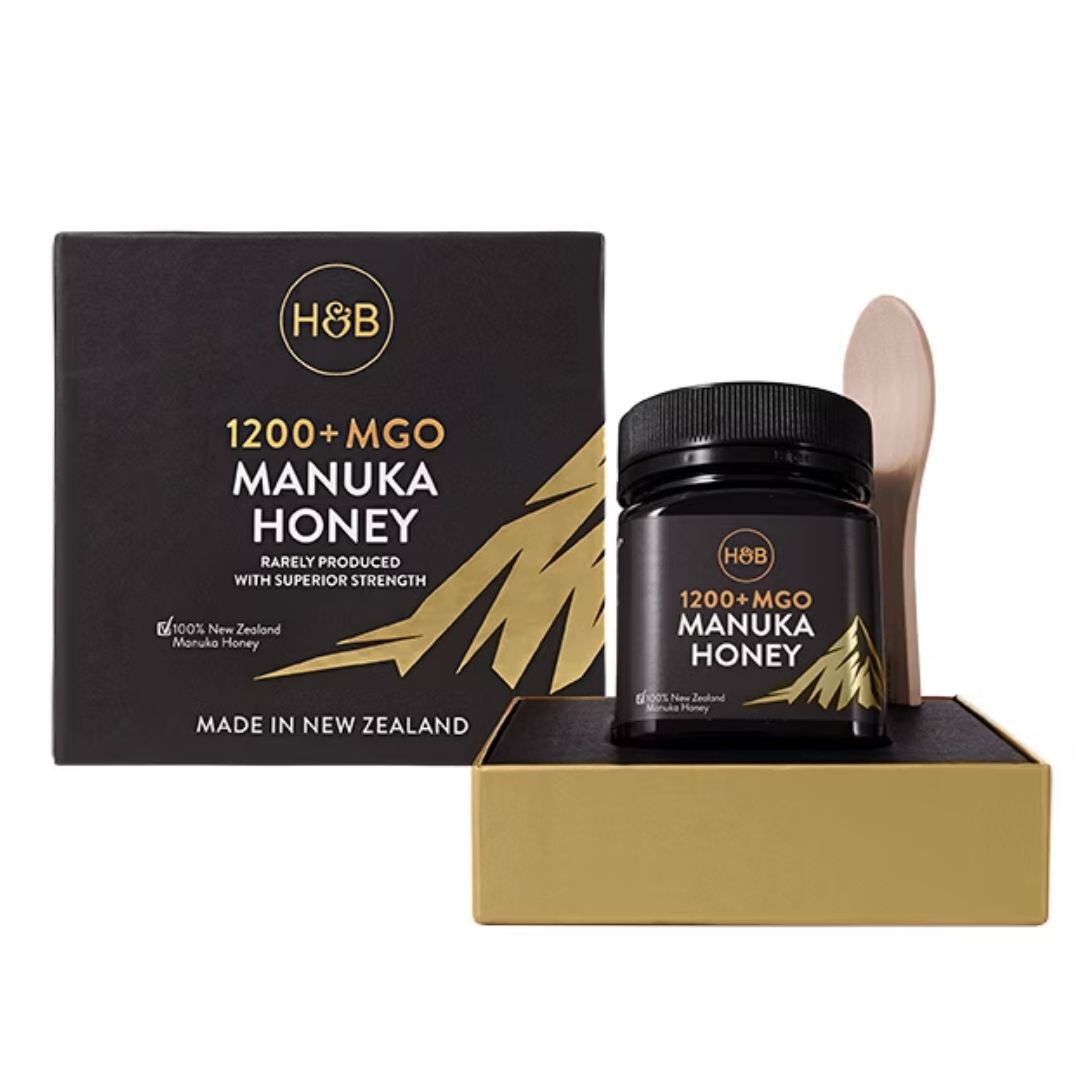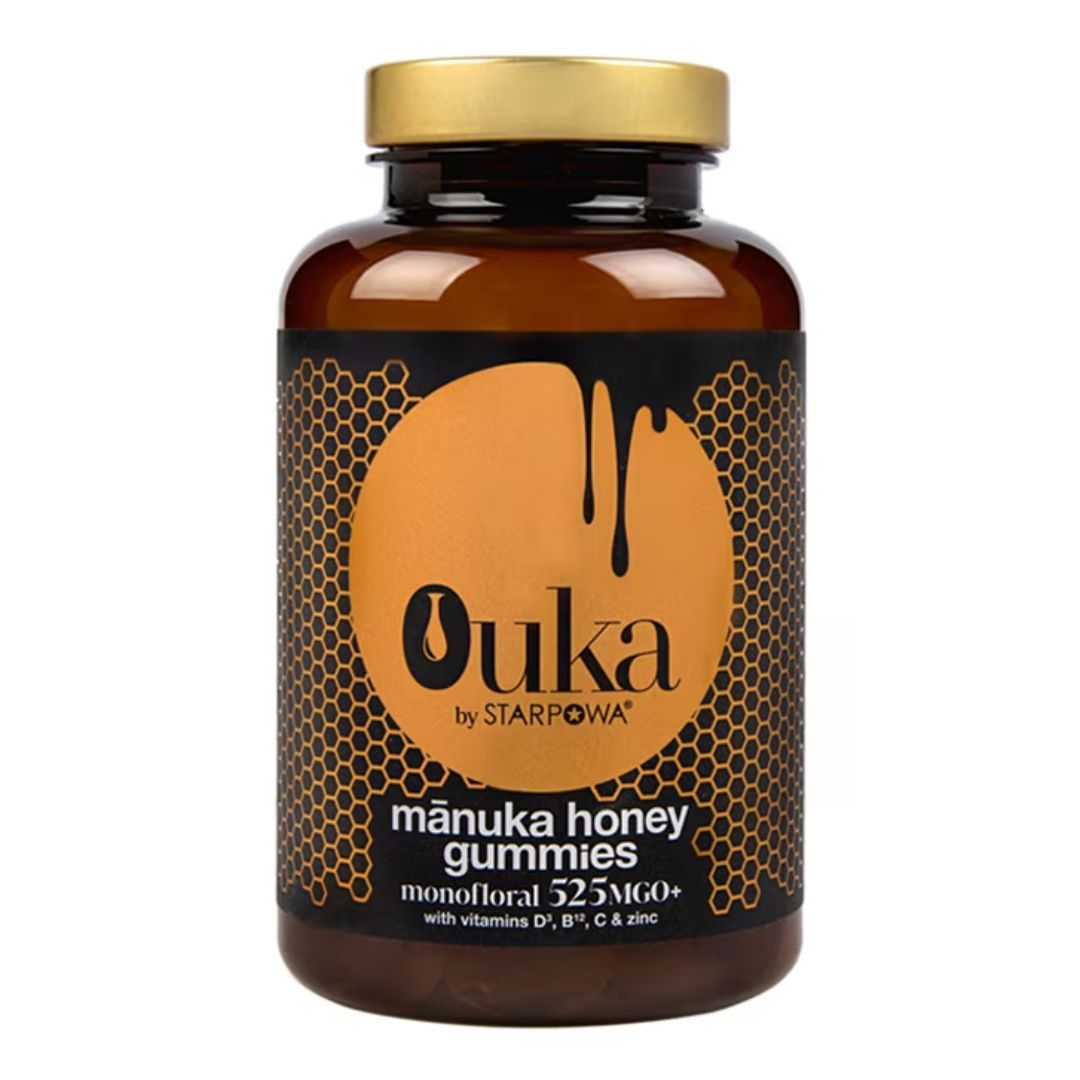I’ve been under the weather for the last 3 months, so took manuka honey every day for a week to boost my immunity - and the benefits really surprised me
So, is it really better than regular honey?


Celebrity news, beauty, fashion advice, and fascinating features, delivered straight to your inbox!
You are now subscribed
Your newsletter sign-up was successful
I can’t be the only one who has felt mildly ill since about mid-November, right? From constantly scratchy throats to coughs that simply refuse to go away, If you’ve been feeling the same then I have the game-changing wellness product for you: manuka honey.
I’ve read a number of studies on the anti-inflammatory and antimicrobial benefits of manuka honey, so I decided to put the claims to the test by taking one spoonful of the sweet stuff a day, every day for an entire week. The aim of my experiment? To see if it could get rid of my pesky lingering cold, help boost my immunity and maybe even pick up some extra health benefits along the way.
The Marie Claire UK team prides itself on personally testing any health-related topic, workout or product we have our eye on, and while my sweet tooth made this experiment a pretty enjoyable experience, you can bet I was scrupulous in my testing process.
If you’re on a health-boosting kick for January, read up on how our writers’ experience with drinking matcha tea, apple cider vinegar, lemon water and ginger shots too.
I tried manuka honey for a week - and was pleasantly surprised
Is there a difference between manuka honey and regular honey?
Before we get into the actual review, I asked a few experts for their insights on what manuka honey is and - crucially - is it actually better than regular honey? Short answer: yes.
Rowse Honey’s Marketing Director Kirstie Jamieson sheds some light on what manuka honey actually is and how it differs from the regular kind. "Manuka honey is made by bees foraging on Manuka flowers (Leptospermum Scoparium, to get technical) found in the North and South Islands of New Zealand, Tasmania and Australia. Manuka honey is special because the flower only blooms for a few weeks a year, making supply limited and demand high," she shares.
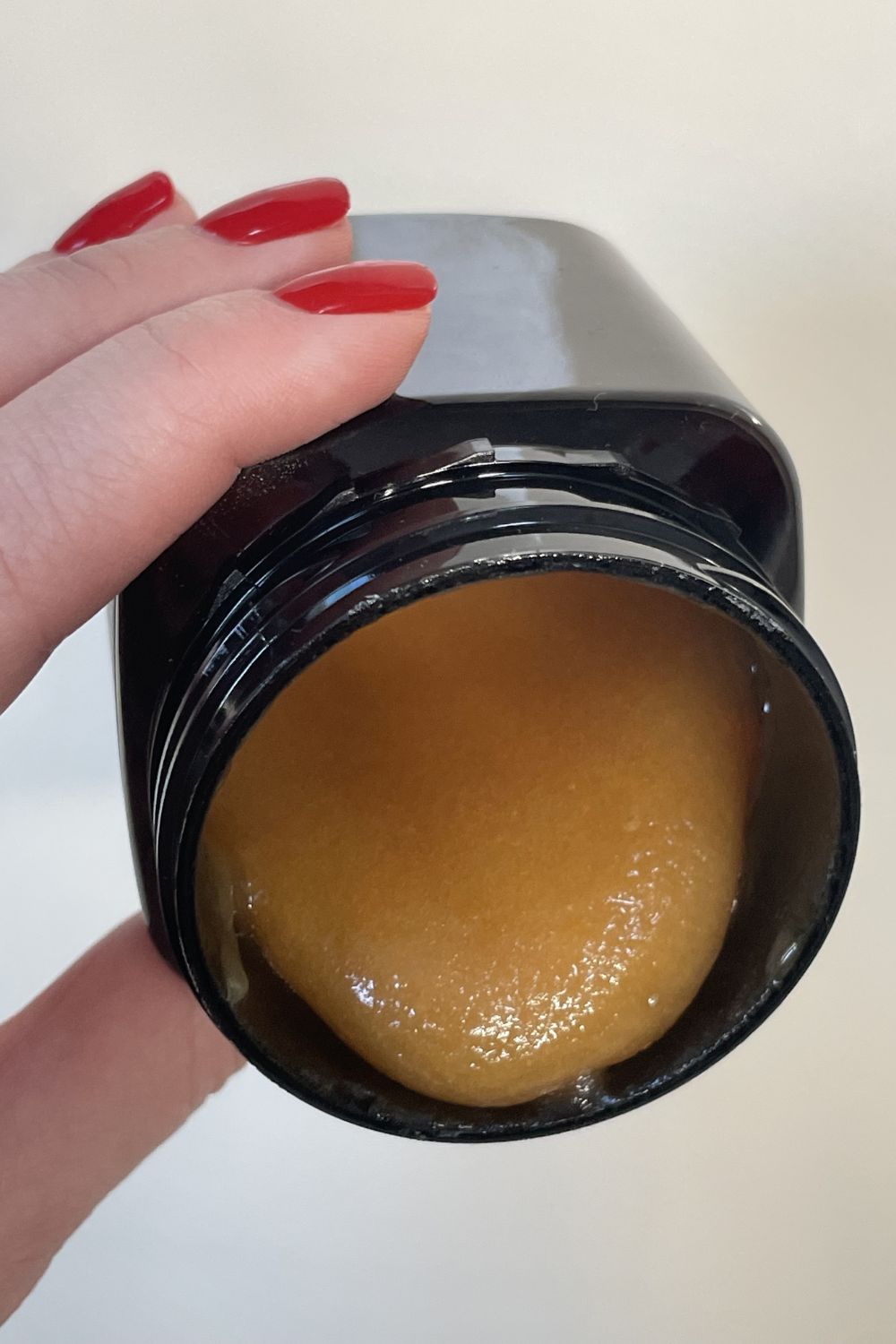
Some of the Manuka honey's Valeza tested for this article
She continues: "Manuka honey isn’t like other kinds of honey because of its unique characteristics, one of which is the compound MGO (methylglyoxal) which isn’t found in any other honey. As it’s unique to Manuka, the level of MGO in the honey indicates its level of purity. The higher the MGO rating, the purer the Manuka.”
Celebrity news, beauty, fashion advice, and fascinating features, delivered straight to your inbox!
According to Aesthetic Surgeon Dr. Lubna Khan-Salim, manuka honey also positively impacts the health of your skin, stating manuka honey “has more antibacterial and anti-inflammatory properties than regular honey which are beneficial to gut health”.
She continues: “It produces a prebiotic called fructo-oligosaccharides, which helps to promote probiotic health and, in turn, gut health." And you'll all know that good gut health has been found to have a positive impact on skin and reduce inflammation.
What are the health benefits of manuka honey?
So what benefits can I expect from taking manuka honey regularly? Our experts weigh in:
According to Dr. Khan-Salim, manuka honey is “naturally high in antioxidants called flavonoids and polyphenols which help to balance our immune systems and prevent certain illnesses”.
I personally love to use honey to relieve a sore throat and tickly cough, but is there any science behind the immediately soothing effects of manuka honey? Rachel Chatterton, Head of Food Development at Holland & Barrett says: “Manuka Honey may be beneficial in soothing sore throats and a clinical trial has found that honey was even more effective in alleviating sore throat symptoms compared to over-the-counter products. While it’s important to always consult a healthcare professional, mixing two tablespoons of Manuka honey with a warm glass of water or tea may help soothe your throat, with the added benefit of its delicious taste."
Why is manuka honey so expensive?
Good question. As outlined above, manuka honey is far rarer than regular honey, and has a number of health benefits that aren’t present in its less-complex counterpart. For this reason, manuka alternatives will set you back a little more money than regular honey.
Jamieson shares, “UK consumers spend around £19 million on Manuka each year with prices for a jar of Manuka starting at £5 and reaching as much as £150 for a 250g jar. Manuka honey is considerably more expensive due to its unique properties of the compound MGO. It’s in high demand and limited supply".
Unlike regular honey and as above, you can get different strengths of manuka honey, which is referred to as the manuka grade or MGO. As a general rule, honey with a higher MGO will be more expensive, and there’s a reason for this. Holland & Barrett's Chatterton explains: "The MGO tells you how potent the antibacterial properties of honey are, the bigger the number, the higher its antibacterial benefits".
Having learned about all the health benefits of manuka honey, I was itching to get started on my trial. Keep scrolling to find out how I got on.
I tried Manuka honey for seven days - my thoughts
Days one to three
Firstly - and I think we can all agree on this point - manuka honey is downright delicious, so it was no difficulty incorporating it into my routine. I enjoyed my manuka honey in a variety of different ways during the first few days of my experiment. From mixing a spoonful into my morning tea to drizzling it over a yoghurt and granola breakfast bowl, the possibilities were endless. If I was in a rush, I’d mix it with a little hot water and a ginger shot, which I found perfect for an energising and utterly delicious morning boost.
In terms of the effects I noticed on my health, I was pleased to note that the manuka honey immediately soothed both my cough and my itchy, slightly sore throat. This came as no surprise, as I’ve used honey as a natural remedy to soothe sore throats and coughs for years. But I will say that the instantly soothing effects of the manuka honey worked much faster than the regular honey alternatives I’d used in the past.
Melora’s ginger-infused manuka honey was particularly great for the earlier days when I was still getting out of my early cold phase, as the ginger provided extra throat-soothing and energy-boosting effects. In all, at the end of the first few days, I was feeling well on the way to getting over my lingering cold.
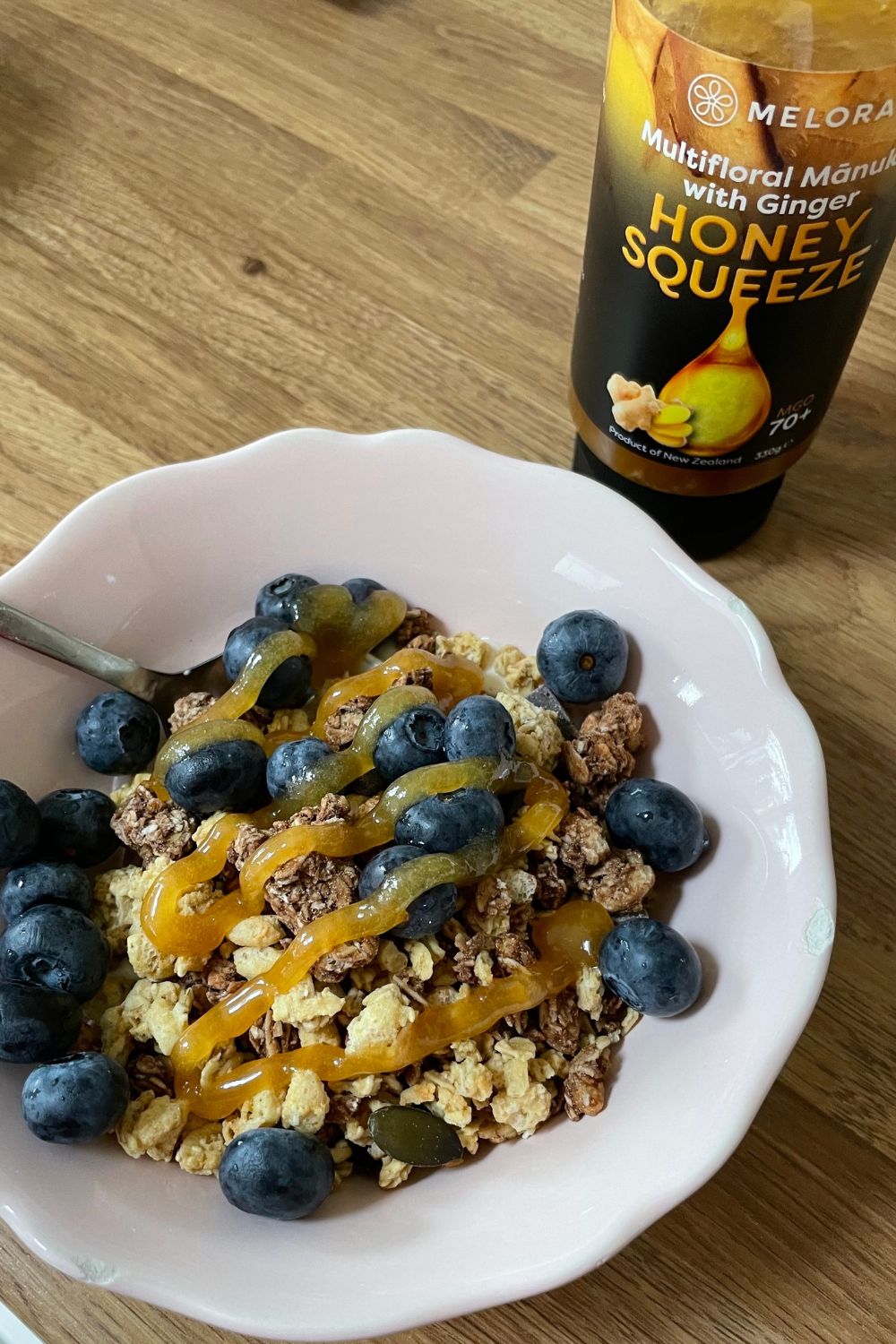
Valeza's yoghurt, granola, blueberry and Manuka honey breakfast bowl
Days four to seven
By the latter half of my manuka honey experience, I was starting to notice some new and unexpected benefits coming through. Taking my spoonful of honey in the morning gave me a clean boost of energy, especially when combined with my daily matcha tea. I felt more ready to face the day and my mood was even improved as a result.
As pointed out by our experts above, the healthy sugars made a great natural alternative to artificial sweeteners, and I even noticed that I would snack less on sweet treats throughout the day as a result of getting my sweet treat fix early on. As I’ve already mentioned, I have a massive sweet tooth, so this was probably the most surprising side effect of the entire experience (an early afternoon chocolate square or two is usually the norm for me, you see).
While I can't say the honey was solely to thank after just seven days of testing, I was also pleased to note a clear skin week with a slight "glow," to boot. I'm sure I'd notice this more if I tested for longer, as the gut-balancing properties of manuka honey are well researched and science-backed.
Finally, my sore throat, annoying cough and occasional congestion symptoms were not only soothed, but they stayed away.
My final thoughts?
I know the question on everyone’s lips - and I’m pleased to report that by the end of the week-long trial, my months-long lingering cold was no more. Taking manuka honey every day for a week worked wonders at boosting my immune system, and I didn’t feel the scratchy throat, tickly cough or general fatigue from around day three.
Not only have I not felt the beginnings of a cold all week, but eating regular spoonfuls of manuka honey also had a number of surprising beneficial side effects. Over the course of the week, my sleep felt more regulated, my energy levels balanced, my skin cleared up and even my mood improved.
It goes without saying that I'm planning to continue my manuka honey journey, and you can check out the exact products I used and loved below...
Shop the manuka honey picks I loved during my week-long trial:
What is the best time of day to take manuka honey?
I took a spoonful of honey each morning stirred into my tea, drizzled over my breakfast or straight from the spoon. I felt this gave me a great boost of energy and ensured I got my manuka honey fix every day. But what do the experts think?
Expert Kirstie Jamieson shares, “While there is no right time to consume Manuka, many consumers start their day with one to two teaspoons for a daily boost. It’s also great added to your breakfast smoothies, plus with its soothing properties, having a teaspoon or a hot drink could help ease coughs and colds."

Valeza Bakolli is Marie Claire’s Junior Shopping Editor, and as such, she’s made it her mission to encourage people to shop mindfully and with purpose. In her role, she covers all things shopping - from thoroughly road testing the best fitness kit to keeping a finger on the pulse of what’s new in fashion and beauty. She dedicates hours of her time every day to scouring the online stores, finding the best products online so you don’t have to (from small and sustainable businesses wherever possible, of course).
